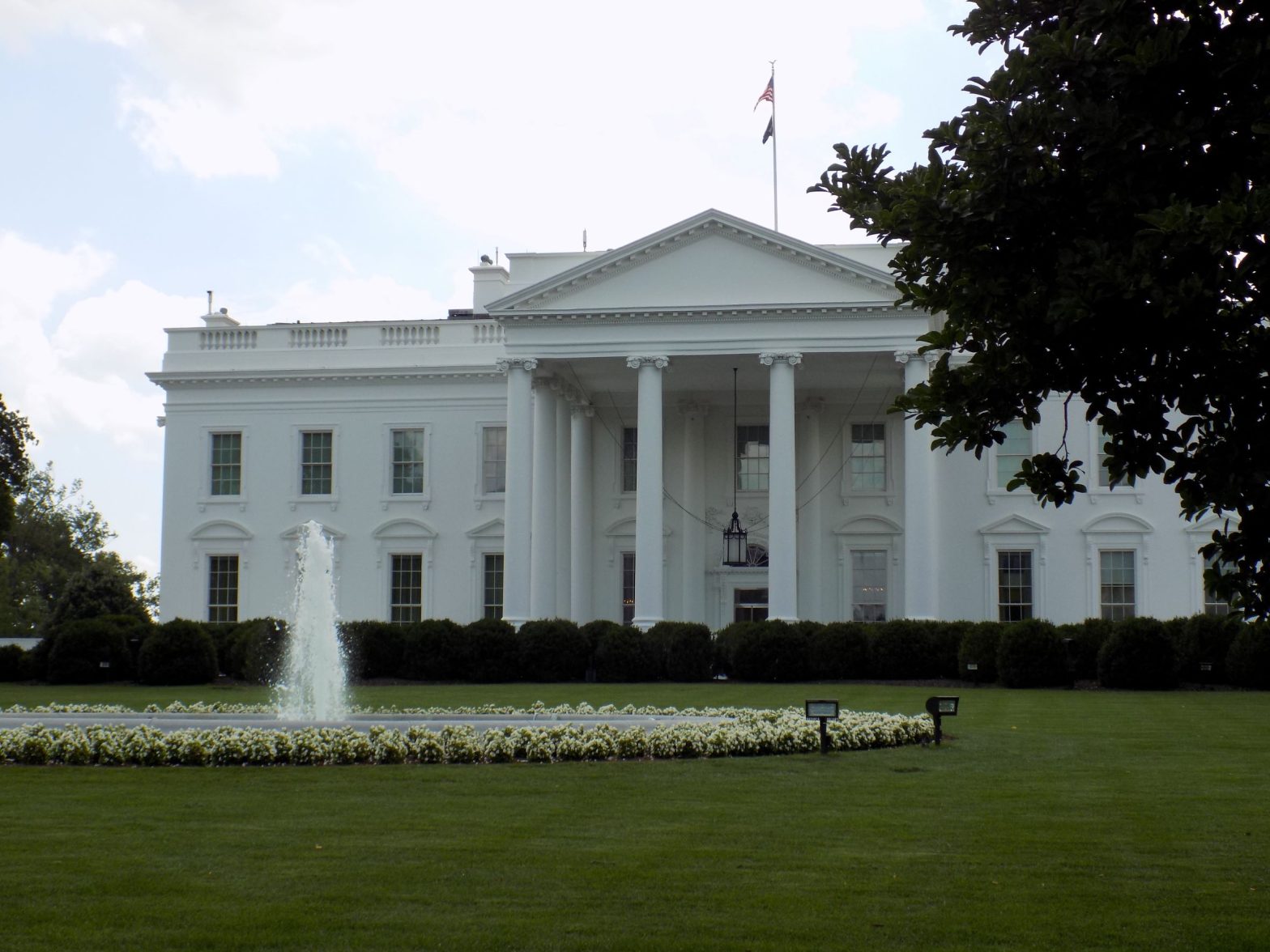White House: No More Paywalls on Federally Funded Research

WASHINGTON — The White House Office of Science and Technology Policy has issued new guidance directing that by 2026 all federally funded research results be made freely available to the public without delay, effectively ending the ability of scientific journals to keep those results behind paywalls for up to a year.
In a statement explaining the move, the office said the research that is subject to the guidance “changes our lives and transforms our world” and is made possible by tax dollars, “and yet these advancements are behind a paywall and out of reach for too many Americans.”
“In too many cases, discrimination and structural inequalities — such as funding disadvantages experienced by minority-serving colleges and institutions — prevent some communities from reaping the rewards of the scientific and technological advancements they have helped to fund,” the office continued. “Factors including race, age, disability status, geography, economic background, and gender have historically and systemically excluded some Americans from accessing the full benefits of scientific research.
The guidance eliminates the “optional” 12-month publication embargo for federally funded, peer-reviewed research articles and makes data published in peer-reviewed research articles immediately available upon publication and other research data available “within a reasonable time frame.”
The White House also said it is committed to helping publishers and scholarly societies of all sizes to cope with and adapt to the change. Toward that end, it has published a report on the potential economic impacts of the policy change.
It also said the Office of Science and Technology Policy will work alongside key stakeholders including researchers, academic institutions, libraries and other members of the public to help them through the change.
“Agencies have more than three years to fully implement updated public access plans to ensure this is a responsible and equitable transition,” the White House said.
In a statement, the New England Journal of Medicine, an entity likely to be impacted by the new rules, said, “This is not the model that we would have chosen. That being said, we look forward to hearing about the rules in detail so that we can continue to publish the most impactful medical research.”
Dan can be reached at [email protected] and @DanMcCue
























